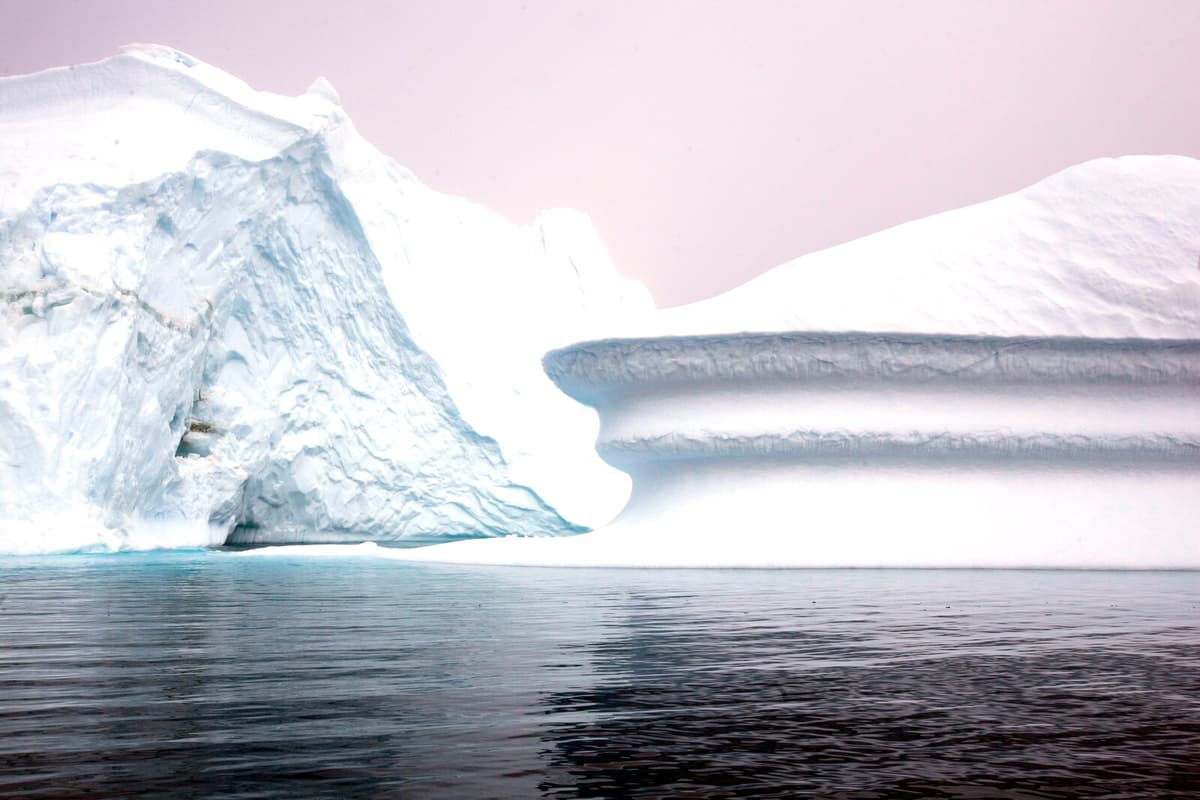It is now seasonal shift in both the Arctic and Antarctica. The North Pole's ice has just reached its annual maximum, before the spring sun starts to wear them down. Around the South Pole, on the other hand, summer is heading towards its end, and the ice is growing again.
But in both cases, the ice quantities are low, in the North Pole's case even "a new record as the smallest extent of winter sea ice ever measured", writes DMI in a press release. "The average extent in March was measured at 14 million square kilometers, 140,000 less than the previous record from 2018".
Vicious circle
The weather bureau notes that the decrease corresponds to an entire England in ice area. And Jacob L Høyer, who leads DMI's unit for satellites and the Arctic, warns that this easily becomes a vicious circle.
"The record-low extent can have major consequences for the summer. Less sea ice means more open water, which with its dark color absorbs more heat from the sun", he says in the press release.
"Low extent can create a self-reinforcing effect and give a warm summer."
In Antarctica, the picture is somewhat brighter. After the southern hemisphere's summer, the sea ice reached its seasonal minimum on February 25. It then covered 1.87 million square kilometers, equivalent to approximately four Swedens. It is the seventh smallest seasonal minimum since satellite measurements began in 1978.
Summers without ice
But Adrian Lema, head of a climate research unit at DMI, is certain that more records are to be expected.
"The global warming caused by humans is the main reason why the sea ice has decreased over the past decades. Lack of sea ice reinforces the warming even more, so we are in a negative spiral", he says in the press release.
"We expect summers almost without sea ice around Greenland within 25 years."






